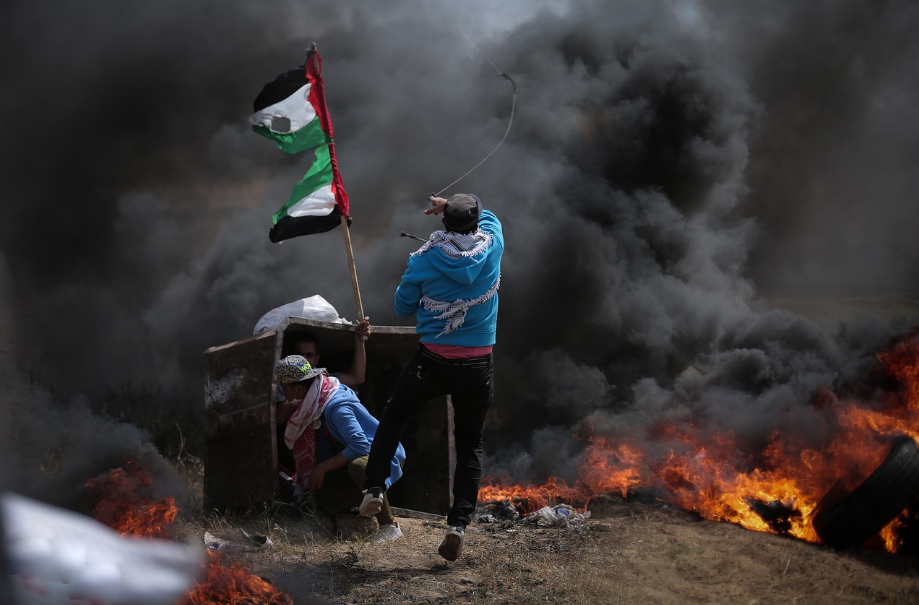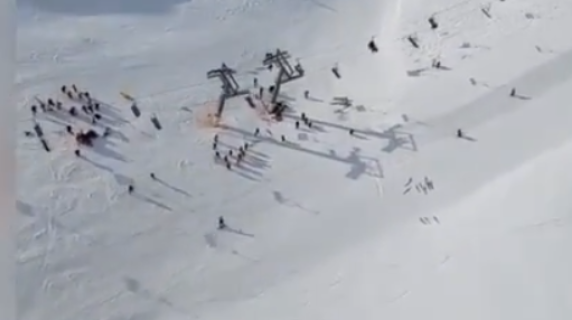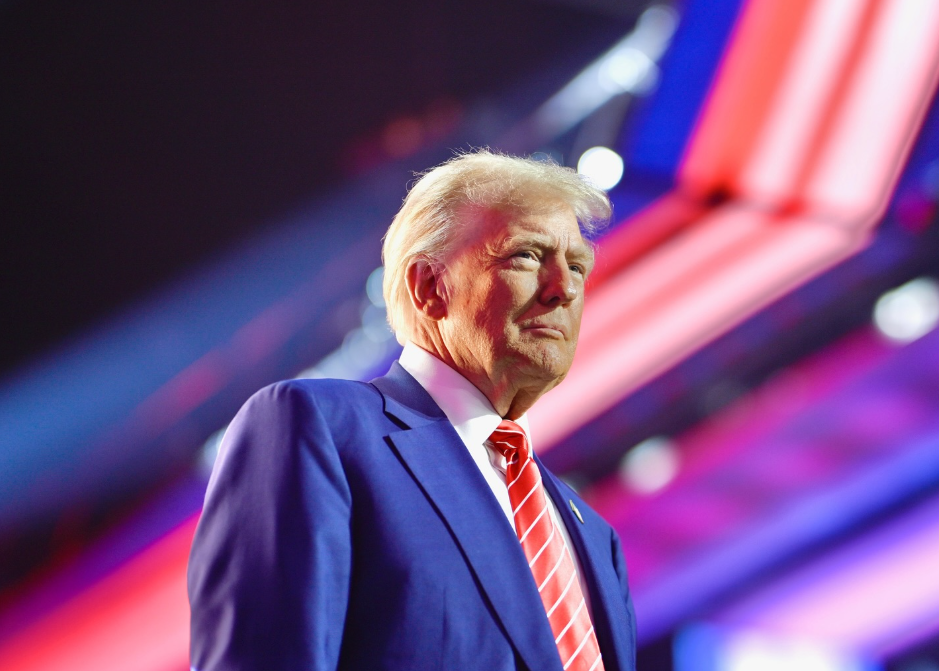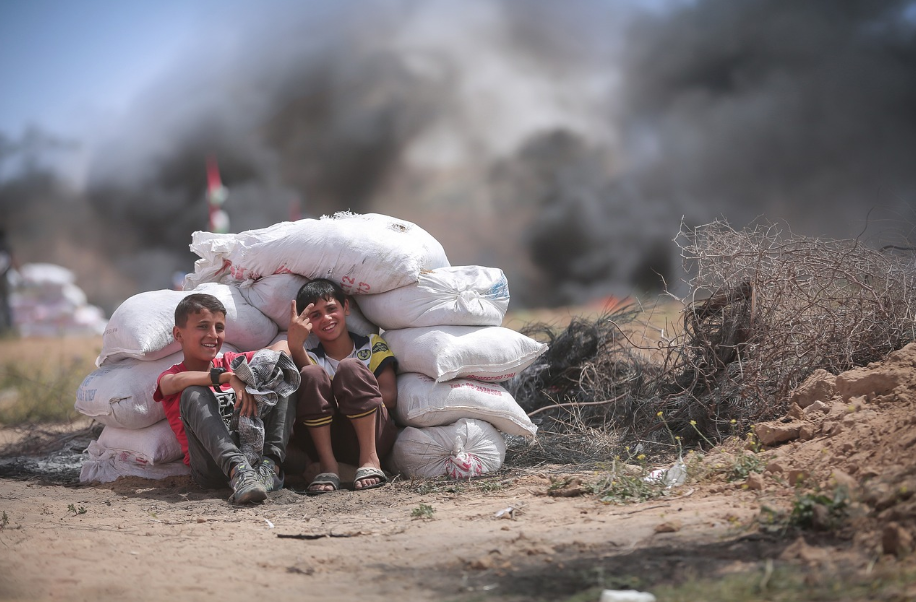KINSHASA (Reuters) – Congo’s political standoff deepened on Sunday after the top court backed the contested presidential election victory of Felix Tshisekedi, then his main rival rejected the ruling, called for protests and declared himself leader.
As Tshisekedi’s supporters celebrated the ruling in the streets of Democratic Republic of Congo’s capital, runner-up Martin Fayulu said the decision had opened the way to a “constitutional coup d’etat”, raising fears of more violence.
Rwandan President Paul Kagame – the chair of the African Union which has said it has “serious concerns” about the vote and called for the results to be delayed – was due to arrive in Kinshasa with an AU delegation to discuss the crisis on Monday.
Last month’s delayed election was meant to mark the first democratic transfer of power in the vast central African country, where conflicts have regularly destabilized the region.
But monitors pointed to major flaws in the poll. Unrest over the vote has already killed 34 people, wounded 59 and led to 241 “arbitrary arrests” in the past week, according to the U.N. human rights office.
In the early hours of Sunday, the Constitutional Court ruled that a legal challenge to the result filed by Fayulu was inadmissible. “Felix Tshisekedi will become the fifth president of the republic,” government spokesman Lambert Mende said as he welcomed the judgment.
Fayulu issued statements dismissing the ruling. “The constitutional court has just confirmed that it serves a dictatorial regime … by validating false results, (and enabling) a constitutional coup d’etat,” he said in one.
“I am now considering myself as the sole legitimate President of the Democratic Republic of Congo,” he added in another statement. He called for people to mount peaceful demonstrations – though the streets of the capital were calm on Sunday afternoon.
“SERIOUS CONCERNS”
Fayulu says Tshisekedi and outgoing President Joseph Kabila made a deal to cheat him out of a more than 60-percent win – an accusation they both dismiss.
The provisional results, announced on Jan. 10, showed Tshisekedi winning with a slim margin over Fayulu.
In a speech, Tshisekedi welcomed the victory and said he would seek to mend divisions in the country.
“This is the end of one fight and the start of another in which I will enlist all the Congolese people: a fight for well-being, for a Congo that wins,” he said.
The Southern African Development Community (SADC), a bloc which includes South Africa and Angola, congratulated Tshisekedi and called for a peaceful transfer of power.
“SADC calls upon all Congolese to accept the outcome, and consolidate democracy and maintain a peaceful and stable environment following the landmark elections,” it said.
On Thursday, SADC eased pressure on Congolese authorities by backing off earlier calls for a recount.
Independent monitors flagged major problems with the election, including faulty voting machines and polling stations where many were unable to vote. The Catholic Church, which had a 40,000-strong team of observers, denounced the provisional result.
A tally from the church reviewed by Reuters from about 70 percent of polling stations suggested a victory of 62 percent for Fayulu, a former Exxon Mobil country manager. Tshisekedi and Ramazani were virtually neck-and-neck second place with 16.93 percent and 16.88 percent, respectively.
Congo – which was ruled by kleptocratic dictator Mobutu Sese Seko for 32 years before tumbling into chaos and war in the late 1990s – is a vital source of copper and other metals, including cobalt.
Additional reporting by Aaron Ross; Writing by Tim Cocks and Alessandra Prentice; Editing by Daniel Wallis, David Gregorio and Andrew Heavens






Leave a Reply